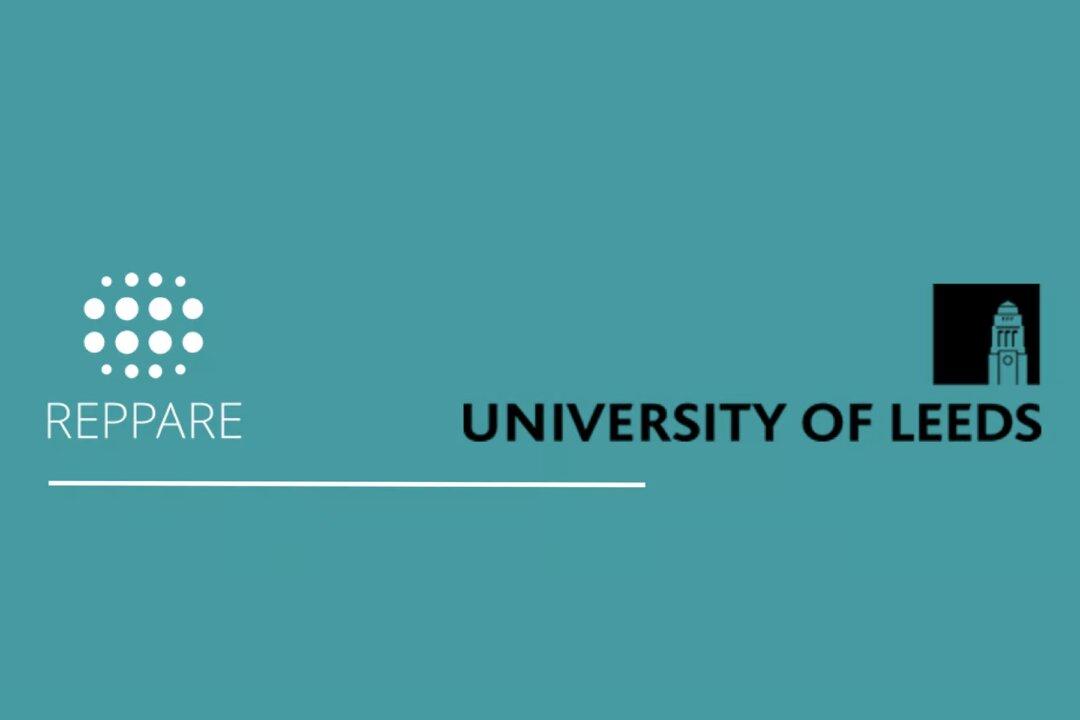When international agencies make claims of an “existential threat” to humanity and advocate for urgent action from countries, it should be a safe assumption that they are consistent with their own data. However, a review of the data and evidentiary citations underlying the claims of the World Health Organization (WHO), the World Bank, and the Group of Twenty (G20) reveals a troubling picture in which the stated urgency and burden of infectious disease outbreaks, namely those of pandemic threat, is grossly misrepresented. These discrepancies in key documents and subsequent recitations in pandemic preparedness proposals have significant policy and financial implications. Disproportionate pandemic preparedness based on these false premises risks a significant opportunity cost through unnecessary diversion of financial and political resources away from global health priorities of higher burden. As WHO Member States plan to transform the way international health emergencies are managed at the World Health Assembly in May 2024, there is a crucial need to pause, rethink, and ensure future policy reflects evidence of need.
Full article at Policy Insights
From the Brownstone Institute



